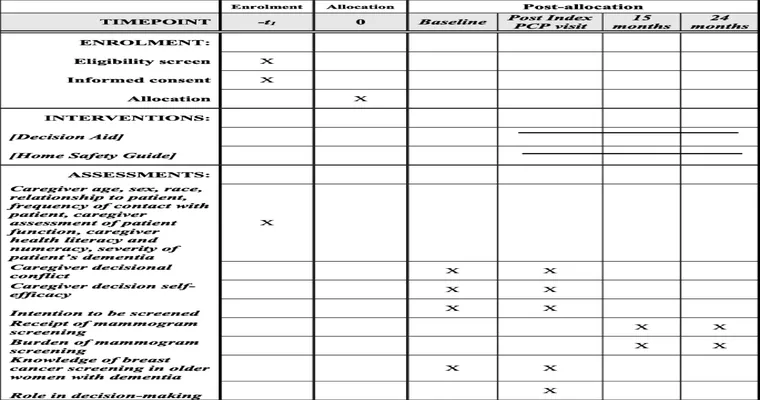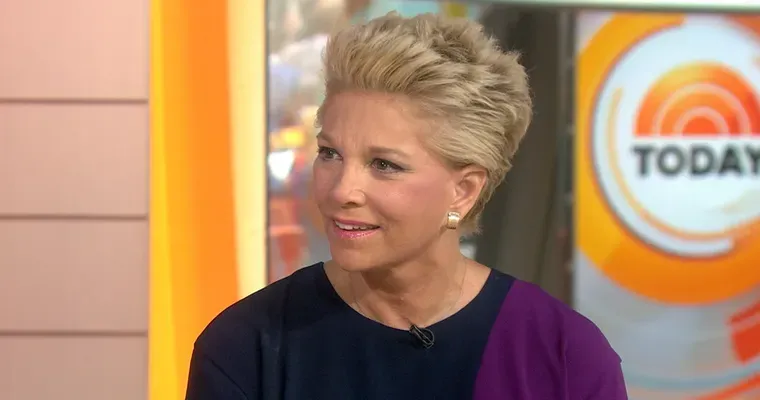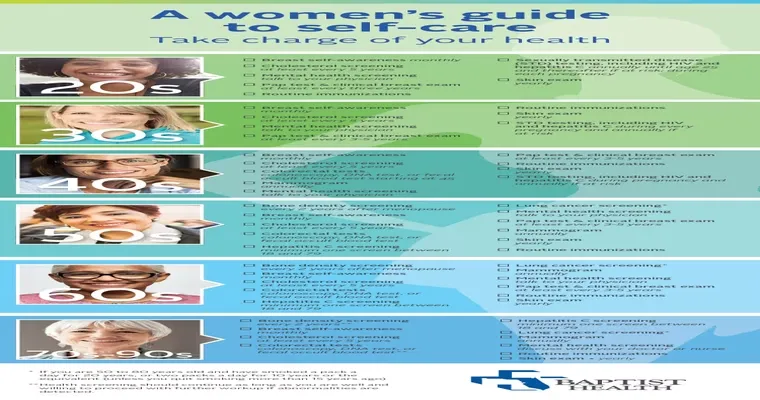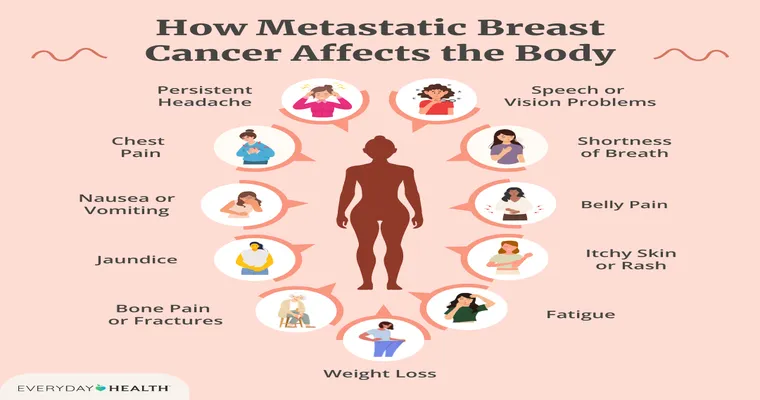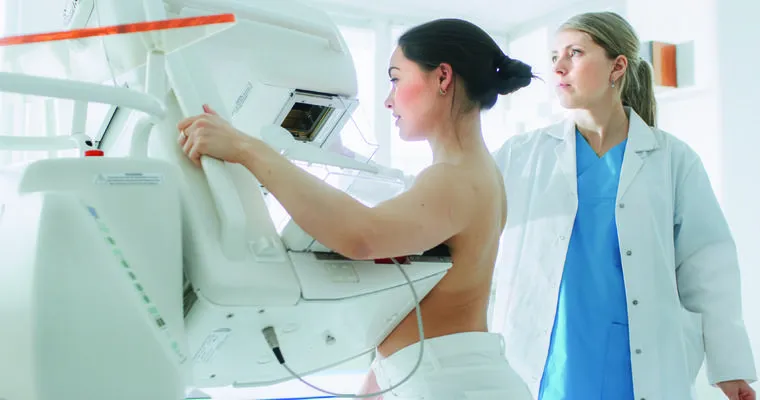Determining when to stop doing "routine mammograms" on a "dementia patient" requires a careful evaluation of several factors, including the patient's overall health, prognosis, and personal preferences. As dementia progresses, the ability to undergo certain medical procedures safely and effectively may diminish, raising important questions for caregivers and healthcare providers alike. This article aims to shed light on the considerations surrounding mammogram screenings in patients with dementia.
Understanding the Need for Mammograms
Mammograms are essential for early detection of "breast cancer", particularly in women over the age of 40. However, for those with dementia, the situation can be more complicated. The "American Cancer Society" recommends regular screenings for women, but as cognitive decline progresses, the benefits of routine mammograms may begin to wane.
Assessing the Patient's Condition
When deciding whether to continue routine mammograms for a dementia patient, caregivers should assess the patient's overall health and functional status. Key questions to consider include:
1. "What is the stage of dementia?" Advanced stages may significantly impact the patient’s ability to tolerate the procedure.
2. "What is the patient’s life expectancy?" If a patient has a limited life expectancy, the risks and discomfort associated with a mammogram may outweigh the benefits of early cancer detection.
3. "What is the patient’s quality of life?" If the patient experiences significant discomfort or distress from medical procedures, it may be time to reconsider routine screenings.
The Role of Healthcare Providers
Healthcare providers play a crucial role in making informed decisions about mammogram screenings for dementia patients. They should engage in discussions with the patient’s family and caregivers to understand individual preferences and circumstances. A collaborative approach ensures that all aspects of the patient’s well-being are taken into account.
Ethical Considerations
Ethical considerations are paramount when making decisions about medical procedures for dementia patients. Respect for the patient’s autonomy and dignity should guide the decision-making process. If the patient has previously expressed a desire to avoid invasive procedures, this should be respected. In cases where patients can no longer communicate their wishes, caregivers must act in the best interest of the patient based on their known values and preferences.
Alternatives to Routine Mammograms
In some instances, alternative screening methods may be more appropriate for dementia patients. For example, healthcare providers may recommend clinical breast exams or self-examinations, which can be less stressful and intrusive. These alternatives can still offer a means of monitoring breast health without the potential complications associated with routine mammograms.
Conclusion
The decision to stop routine mammograms for a dementia patient is multifaceted and should be tailored to each individual’s situation. By considering the patient’s health status, quality of life, and personal preferences, caregivers and healthcare providers can make informed decisions that prioritize the patient’s overall well-being. Ultimately, the goal is to balance the benefits of screening with the potential risks, ensuring that the patient's dignity and comfort remain at the forefront of care.

